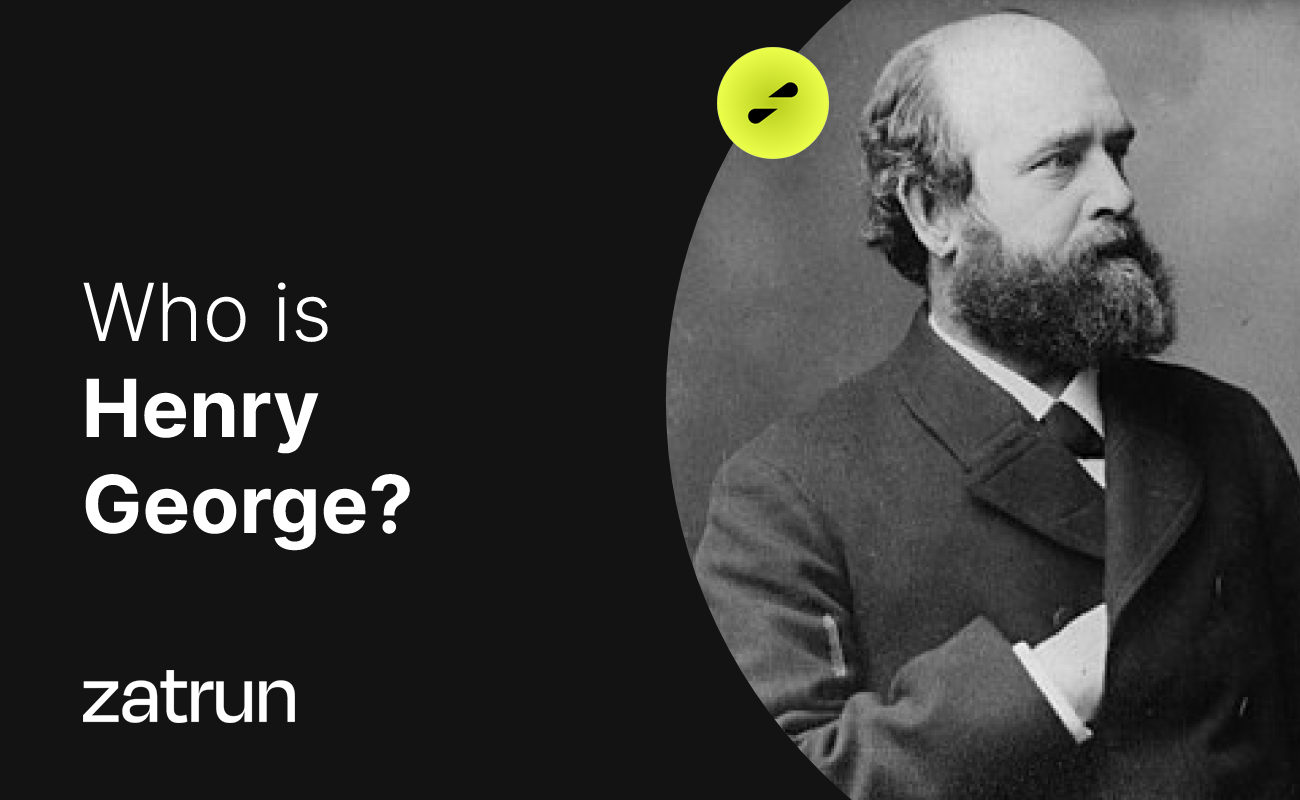John Kenneth Galbraith 101: Who is a Successful Economist? in our article of Zatrun.com, we will cover in detail everything you need to know about John Kenneth Galbraith, a successful economist, as well as a diplomat, civil servant and intellectual.
Who is John Kenneth Galbraith?
John Kenneth Galbraith, also known as Ken Galbraith, was born on October 15, 1908 in Canada and passed away on April 29, 2006 in the United States. He was a renowned economist, diplomat, civil servant, and intellectual. His books on economic topics have been among the bestsellers from the 1950s to the 2000s. As an economist, he favored Keynesian economics from an institutionalist perspective.

Galbraith served as a professor of economics at Harvard University for many years and remained there as an economics professor for half a century. He was a prolific writer, having written several novels, four dozen books, and thousands of articles and essays on various subjects, including economics. His works include a trilogy on economics as well as books such as American Capitalism (1952), The Affluent Society (1958), and The New Industrial State (1967). His work has been criticized by economists such as Milton Friedman, Paul Krugman, Robert Solow, and Thomas Sowell.
John Kenneth Galbraith served in the governments of Franklin D. Roosevelt, Harry S. Truman, John F. Kennedy, and Lyndon B. Johnson, and was active in the Democratic Party. He was appointed as the United States Ambassador to India during the Kennedy administration. His political activism, literary works, and openness to new ideas made him widely renowned throughout his life. Galbraith is one of the few individuals to have received both the World War II Medal of Freedom (1946) and the Presidential Medal of Freedom (2000) for his contributions to public service and science. The French government honored him with the title Commandeur de la Légion d’honneur.
Diplomatic Missions and Political Life:
During his time as an advisor to President John F. Kennedy, Galbraith was appointed as the United States Ambassador to India from 1961-1963. His relationship with Kennedy allowed him to bypass the State Department and send diplomatic cable messages directly to the presidency. Galbraith did not like Secretary of State Dean Rusk and wrote to Kennedy that trying to communicate through Rusk was like “trying to commit adultery in bed.” While in India, he developed a warm relationship with Prime Minister Jawaharlal Nehru and provided extensive economic consulting to the Indian government.
After leaving the Indian Embassy, Galbraith continued to advise now-Republican President Johnson. In 1965, he recommended to Johnson that the rhetoric about Vietnam being the “decisive battle for humanity, for America, and for human freedom” needed to stop. This only exaggerated a difficult problem and was bad politics. During the Buddhist crisis in South Vietnam in 1966, Galbraith wrote a letter to Johnson on April 3, saying that if the Nguyen Cao Ky government collapsed, Johnson needed to withdraw all Americans from Vietnam.

In the summer of 1972, John Kenneth Galbraith served as advisor and deputy to Senator George McGovern, Nixon’s rival candidate in the U.S. Presidential elections. During this time (September 1972), Galbraith traveled to China as President of the American Economic Association (AEA) at the invitation of Mao Zedong’s communist government, along with economists such as Wassily Leontief and James Tobin. In 1973, Galbraith published his experiences in the book “A China Passage.”
Books on Economics:
John Kenneth Galbraith is a prominent institutional economics figure of the 20th century who provided examples of economic power from an institutional perspective. Among his many writings, Galbraith values The New Industrial State and The Affluent Society as his best works. In terms of his recent works, economist and Galbraith’s friend, Mike Sharpe, visited him in 2004 and during this time, Galbraith gave Sharpe a copy of Galbraith’s latest book, The Economics of Innocent Fraud. Galbraith jokingly expressed his opinion to Sharpe, saying “This is my best book.”
Following the onset of the Great Recession in 2008, Galbraith’s books such as The Great Crash, 1929 (1955) and other books warning against unlimited speculative sentiment without appropriate government regulation regained interest. In 2010, the Library of America published a new edition of Galbraith’s important works edited by James K. Galbraith: The Affluent Society & Other Writings, 1952–1967: American Capitalism, The Great Crash, 1929, The Affluent Society, and The New Industrial State.












